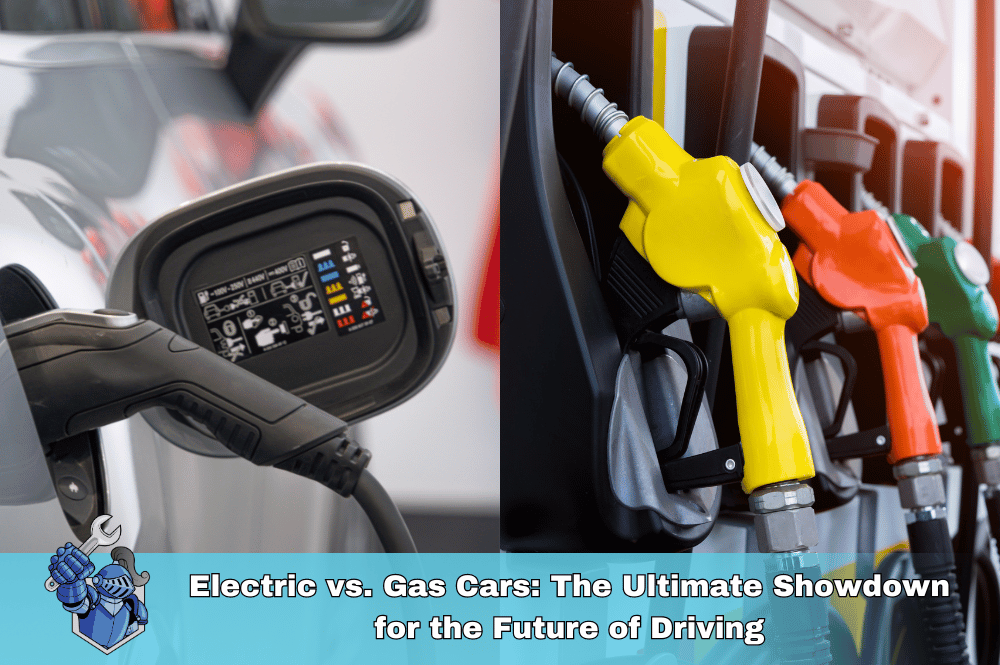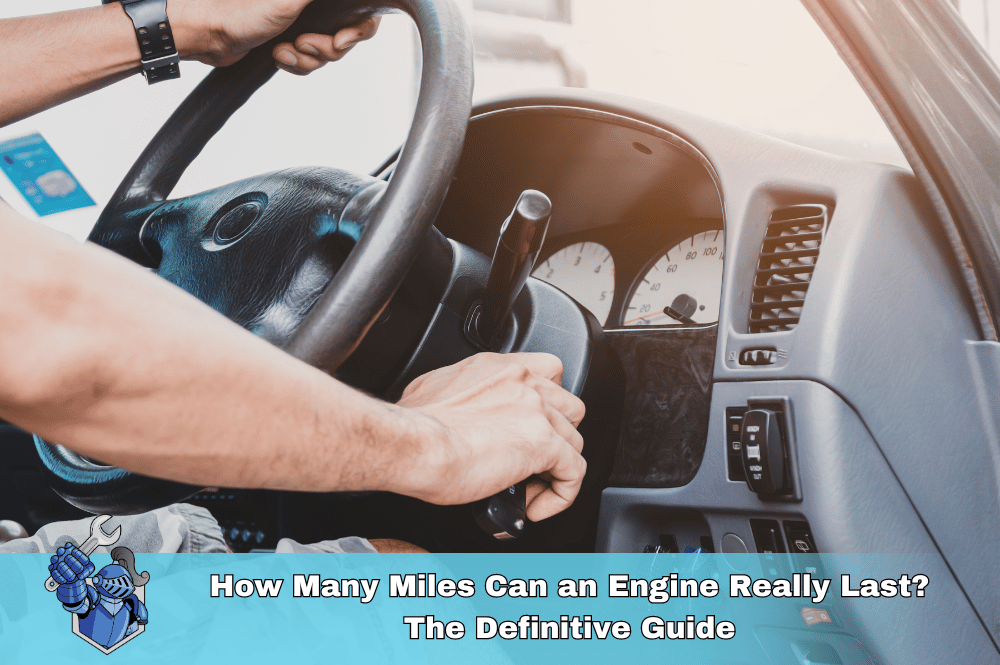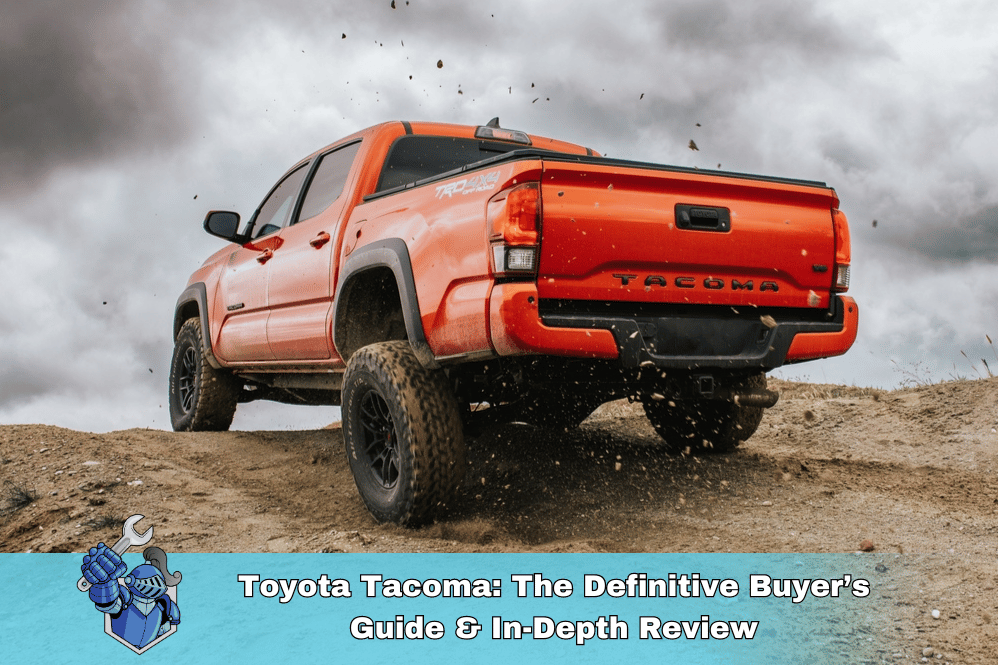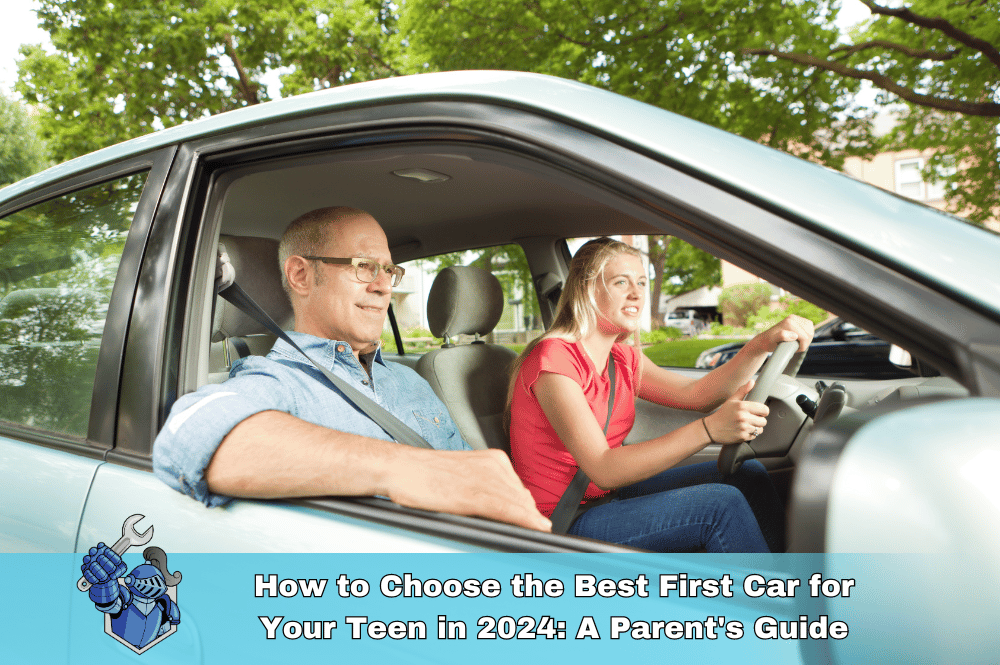In recent years, the conversation around electric vehicles (EVs) and gas-powered cars has dominated the automotive industry, as more drivers face the decision between embracing the future of transportation or sticking with traditional gasoline-powered vehicles. But which is truly better in the long run? The answer depends on several factors, from upfront costs to environmental impact. In this ultimate showdown of electric cars vs. gas cars, we will break down the pros and cons of each, analyze the financial and environmental implications, and help you make an informed decision about the future of driving. Plus, we'll explore how Noble Quote Warranty can protect your vehicle investment, no matter what you choose.
The Pros and Cons: Electric Cars vs. Gas Cars
Before diving into the specifics, it’s important to recognize the pros and cons of both electric cars and gasoline vehicles.
Electric Car Pros
- Eco-friendly: EVs produce zero tailpipe emissions, making them far cleaner than gasoline cars. Over their lifetime, EVs tend to have a smaller carbon footprint, even accounting for battery production and electricity generation.
- Lower running costs: Electric cars are generally cheaper to operate. Electricity is cheaper per mile than gasoline, and maintenance costs are lower since EVs have fewer moving parts.
- Tax incentives: Many countries, including the U.S., offer tax incentives or rebates for buying an EV.
- Smooth performance: EVs offer instant torque, meaning fast acceleration and a smoother, quieter driving experience.
Electric Car Cons
- Higher upfront cost: EVs often have a higher sticker price compared to gas-powered cars, although the gap is closing.
- Limited range: While this is improving, many EVs still offer a shorter driving range than gas cars, making long-distance trips more challenging.
- Charging infrastructure: Charging electric cars can be a hassle if you live in an area with limited public charging stations.
Gas Car Pros
- Established infrastructure: Gas stations are virtually everywhere, making refueling quick and easy.
- Lower purchase price: Gasoline vehicles generally have a lower upfront cost compared to EVs.
- Long range: Gasoline vehicles offer a longer range, allowing for extended trips without frequent stops for refueling.
Gas Car Cons
- Higher running costs: Gas cars require regular oil changes, maintenance for complex engines, and fuel is more expensive than electricity.
- Environmental impact: Gasoline cars produce CO2 emissions, contributing to pollution and climate change.
- Fluctuating fuel prices: Gas prices are volatile and can spike due to geopolitical events or market conditions.
Cost of Electric Cars vs. Gas Cars
One of the most significant factors when deciding between an electric vehicle vs. gasoline vehicle is cost—both upfront and long-term. Here’s a breakdown:
- Upfront costs: EVs tend to have a higher upfront cost due to the expensive battery technology. However, many governments offer tax incentives for buying an electric car, which can significantly offset the price.
- Fueling/Charging: Over time, the cost of charging electric cars vs. fueling gas cars tips the scale in favor of EVs. Charging your car, especially at home during off-peak hours, is much cheaper than paying for gas.
- Maintenance: Electric cars require less maintenance. There are no oil changes, fewer parts to break, and regenerative braking reduces wear on the brakes. On the other hand, gas cars require regular maintenance, including oil changes, spark plug replacements, and more.
Environmental Impact: Electric Cars vs. Gas Cars
The environmental impact of electric cars vs. gas cars is a significant consideration for eco-conscious buyers. While gas-powered vehicles emit carbon dioxide and other pollutants, EVs produce no tailpipe emissions. Over their lifetime, electric vehicles have a smaller environmental impact, especially as the grid transitions to renewable energy.
It’s worth noting that producing EV batteries requires substantial energy and rare materials like lithium and cobalt. However, the environmental benefits of zero emissions typically outweigh these initial impacts, especially when powered by clean electricity.
Range and Infrastructure: Electric vs. Gas Cars
Range anxiety remains a concern for many potential EV buyers. Traditional gasoline vehicles can typically travel 300-500 miles on a full tank, while electric cars offer a more limited range, generally between 200-300 miles, depending on the model. However, with advancements in battery technology, models like the best electric cars for long-distance driving are pushing the limits, offering ranges over 350 miles on a single charge.
Additionally, the charging infrastructure is expanding rapidly, with many countries building public charging networks and offering at-home charging options. Where can I charge my electric car? Most drivers charge at home, but public charging stations are becoming more prevalent, especially in urban areas.
Maintenance: Electric Cars vs. Gas Cars
When comparing the maintenance of electric cars vs. gas cars, EVs have a clear advantage. They don’t require oil changes, spark plug replacements, or transmission repairs. The most significant maintenance expense for an electric vehicle is battery replacement, though most electric car batteries last between 8 to 15 years. Gas-powered vehicles, on the other hand, require more frequent and costly maintenance over their lifespan.
Charging Electric Cars vs. Fueling Gas Cars
A key difference between EVs and gasoline cars is how you "refuel" them. Charging electric cars can be done at home, overnight, or at one of the growing public charging stations. However, it takes significantly longer to charge a vehicle than to fill up a gas tank. Charging time depends on the type of charger—Level 1 (standard home outlets), Level 2 (faster home chargers), or Level 3 (fast chargers at public stations).
While gas stations are ubiquitous, charging stations are not yet as common. Fueling gas cars is a quicker process, but it comes with the downside of fluctuating gas prices and higher long-term costs.
The Future of Electric Cars vs. Gas Cars
As we look toward the future of electric cars vs. gas cars, the shift toward electric vehicles seems inevitable. Governments worldwide are setting targets for phasing out gas-powered vehicles, and car manufacturers are committing to producing more EV models. While gas cars will remain on the road for decades to come, the tide is clearly turning in favor of electric vehicles.
For those wondering should I buy an electric car or gas car, the decision depends on your driving habits, budget, and environmental priorities. As charging infrastructure improves and EVs become more affordable, the scales are tipping in favor of electric vehicles as the future of driving.
Protect Your Investment with Noble Quote
Whether you decide to go electric or stick with gasoline, protecting your vehicle is crucial. Noble Quote Warranty offers comprehensive coverage options for both electric and gas-powered vehicles, ensuring that you're covered in case of unexpected repairs. With Noble Quote Auto Protection, you can drive with peace of mind, knowing that your vehicle is backed by a trusted warranty provider. Learn more about our protection plans and get a quote today!
For more detailed information about protecting your vehicle, visit our Learning Center.
Electric vs. Gas Cars: Your Burning Questions Answered
Are electric cars really better for the environment than gas cars?
Yes, electric cars produce zero tailpipe emissions, which significantly reduces their carbon footprint compared to gas cars. However, the environmental impact of their production and the electricity source used for charging should also be considered.
Are electric cars more expensive than gas cars?
The upfront cost of electric cars can be higher than gas cars, but they tend to be cheaper to operate and maintain in the long run due to lower fuel and maintenance costs. Additionally, various government incentives and tax credits can help offset the initial purchase price.
How far can I drive an electric car on a single charge?
The range of electric cars varies depending on the model and battery size, but most modern electric cars can travel between 200 and 300 miles on a single charge. This is sufficient for most daily commutes and even some longer trips with proper planning.
How long does it take to charge an electric car?
Charging times vary depending on the charging station and the car's battery capacity. Using a Level 2 charger at home, it typically takes several hours to fully charge an electric car. However, DC fast chargers can provide a significant charge in 30 minutes or less.
Where can I charge my electric car?
Charging options are expanding rapidly. You can charge your electric car at home, at public charging stations (located in various places like shopping centers, workplaces, and along highways), and even at some dealerships and hotels.
Are electric cars as safe as gas cars?
Yes, electric cars undergo rigorous safety testing and are equipped with various safety features like airbags, anti-lock brakes, and stability control. In fact, some electric cars have even received top safety ratings from organizations like the National Highway Traffic Safety Administration (NHTSA).
Do electric cars require more maintenance than gas cars?
No, electric cars generally require less maintenance than gas cars because they have fewer moving parts and don't need oil changes, transmission fluid flushes, or other routine maintenance associated with internal combustion engines.
What is the future of electric cars?
The future of electric cars looks promising. Advancements in battery technology are leading to longer ranges and faster charging times, while increasing production volumes are driving down costs. Many governments and automakers are also investing heavily in electric vehicle infrastructure and development, further accelerating their adoption.
Should I buy an electric car or a gas car?
The best choice for you depends on your individual needs and priorities. Consider factors like your driving habits, budget, environmental concerns, and access to charging infrastructure before making a decision.
What are some of the best electric cars on the market in 2024?
Some of the top-rated electric cars in 2024 include the Tesla Model 3, Hyundai IONIQ 5, Kia EV6, Ford Mustang Mach-E, and Chevrolet Bolt EV/EUV. It's recommended to research and test drive different models to find the one that best suits your needs and preferences.
Suggestions for you
Read MoreLet’s work together
Every week we showcase three charitable organizations that our donations are sent to. Our clients are able to choose which of these three will receive their gift when they add coverage to their vehicle...


 How Many Miles Can an Engine Really Last? The Definitive Guide
How Many Miles Can an Engine Really Last? The Definitive Guide Toyota Tacoma: The Definitive Buyer’s Guide & In-Depth Review
Toyota Tacoma: The Definitive Buyer’s Guide & In-Depth Review How to Choose the Best First Car for Your Teen in 2024: A Parent's Guide
How to Choose the Best First Car for Your Teen in 2024: A Parent's Guide Subaru Outback Review: Everything You Need to Know About This Versatile SUV
Subaru Outback Review: Everything You Need to Know About This Versatile SUV Top Reasons Your Car Radiator Might Fail and How to Prevent Costly Repairs
Top Reasons Your Car Radiator Might Fail and How to Prevent Costly Repairs The Ultimate Guide to Motor Oil: Types, Benefits, and How to Change It
The Ultimate Guide to Motor Oil: Types, Benefits, and How to Change It Toyota FJ Cruiser: A Comprehensive Review
Toyota FJ Cruiser: A Comprehensive Review Benefits of Hybrid Vehicles: Are They Worth It
Benefits of Hybrid Vehicles: Are They Worth It Top 10 Tips for Car Battery Health and Replacement
Top 10 Tips for Car Battery Health and Replacement Unveiling the Toyota Land Cruiser: A Comprehensive Review
Unveiling the Toyota Land Cruiser: A Comprehensive Review Comprehensive Review of the Honda Accord: Why It’s a Top Choice for Drivers
Comprehensive Review of the Honda Accord: Why It’s a Top Choice for Drivers Understanding Exclusionary vs. Inclusionary Vehicle Breakdown Protection
Understanding Exclusionary vs. Inclusionary Vehicle Breakdown Protection Ford F-150 vs. Chevy Silverado: A Comprehensive Comparison
Ford F-150 vs. Chevy Silverado: A Comprehensive Comparison

